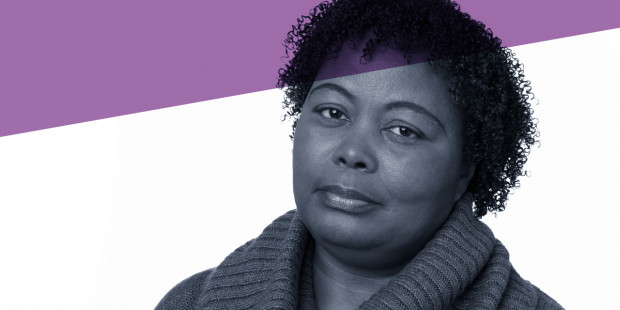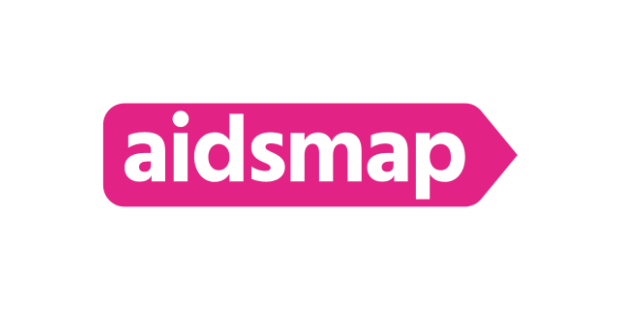Most people get their HIV treatment and care from a specialist outpatient HIV clinic. These are often based in hospitals. Check-ups usually take place every three to six months.
What happens at my HIV clinic?
You'll have regular appointments at your HIV clinic to make sure your treatment is working properly and that you're well. These will probably be around two to four times a year.
As well as seeing your doctor, you'll have regular blood tests. Two very important ones will be your CD4 count and your viral load, which together indicate how strong your immune system is.
Blood tests are vital for keeping an eye on your health. If you have them done a few weeks before your appointment, the results will be ready when you see the doctor. You might sometimes have your urine tested to check the health of your kidneys or as part of testing for diabetes.
The frequency of your tests and appointments will depend on a range of factors, including how recently you were diagnosed or started treatment, whether you have been unwell, are pregnant, or are using Treatment as Prevention (TaSP). This will all be explained to you.
You'll also have other tests at different times to monitor your health and see how well your treatment is working.
The NAM website has a useful guide to different tests you may have at your clinic.
Your HIV specialist doctor
You can expect your doctor to explain things clearly to you, give you a range of options, offer you the best available treatments, pay attention to your concerns, and respect your confidentiality.
In return, it will help your doctor if you ask questions until you understand, tell them about your preferences, and talk about any health problems or difficulties taking medicines that you have.
Before your appointment, you might find it helpful to make a list of the issues and questions you want to discuss, so that you don’t forget anything.
Other specialists at your HIV clinic
- Staff nurses do most of the routine examinations and tests, and will need to ask you questions about your health.
- Nurse specialists have more in-depth knowledge. At some clinics, you might have your check-up with a nurse specialist, rather than a doctor.
- Pharmacists give you your medicine and can advise you about dealing with any difficulties you have taking them.
- Dieticians can give you advice about food and nutrition. For example, they can help if you want to lose weight, if diarrhoea or nausea makes it difficult to eat properly, or if you have to take your treatment with certain types of food.
- Health advisers can give you advice about protected sex and sexual problems.
- ‘Emergency’ or ‘walk-in’ doctors may be available if you have a problem between check-ups and need to see someone quickly.
Looking after your mental health
Your mental health and wellbeing are as important as your physical health.
Talking to staff at your clinic about how you feel about your health and treatment, and other aspects of living with HIV can be just as important as telling them about symptoms or side effects. They can often help, or refer you to other services that can.
More help with your healthcare
If you have any questions that you've forgotten to ask at the clinic or if you need assistance between appointments, call our free helpline THT Direct on 0808 802 1221.







